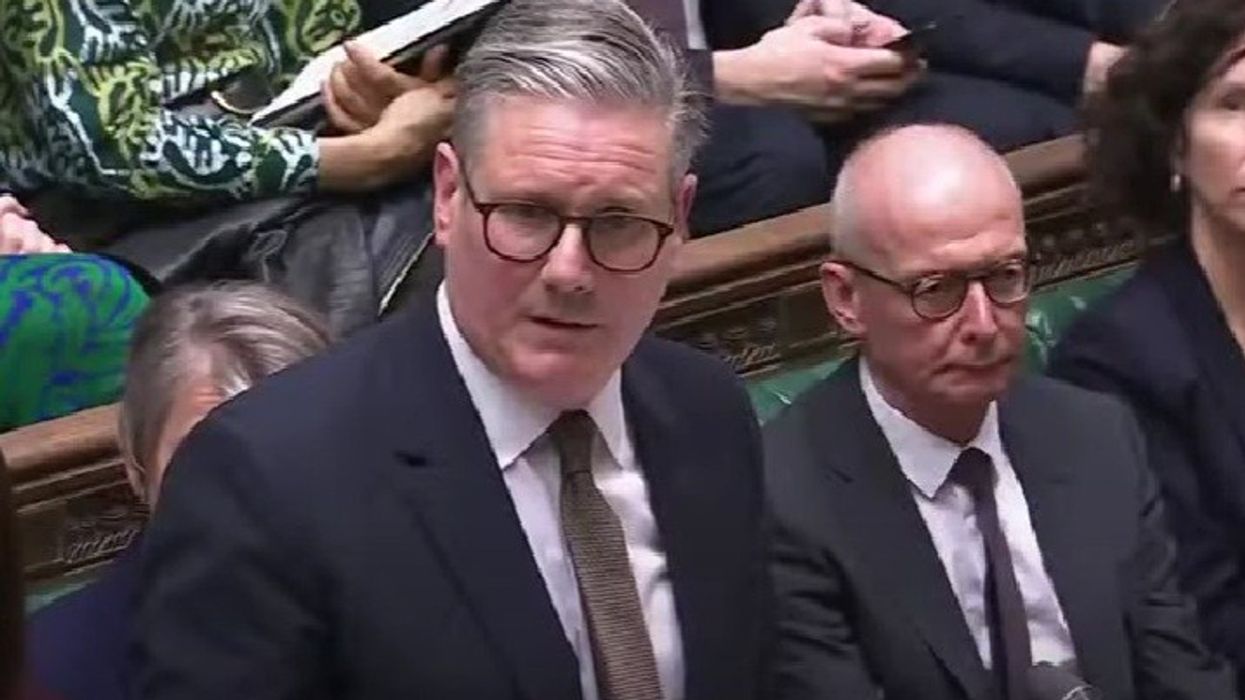Noel Wardle says although there’s no clarity on whether a withdrawal notice is irrevocable, it is up to NHS England to accept or reject a contractor’s reasons for the change of heart…
The financial pressure on community pharmacies in England continues to mount. Up and down the country, some pharmacy owners have taken the difficult decision to close a branch which has become unviable.
However, pharmacy owners cannot just lock the front door and walk away from the business: the NHS Terms of Service require that contractors must give three months’ notice to close a 40-hour contract and six months’ notice to close a 100-hour pharmacy down.
A lot can change over three or six months and, occasionally, a pharmacy owner who has given a notice to NHS England to cease the provision of pharmaceutical services has a change of heart and decides that they want to keep the business open after all.
Even if a contractor is sure, at the outset, that they want to close their pharmacy, it is not unreasonable for a contractor, who is considering giving a notice to close, to want to know – before sending off the requisite form – whether the notice is irrevocable.
So can a notice to close a pharmacy be withdrawn before it takes effect?
The NHS market entry regulations are silent on this point – they provide for what must be done where a contractor wants to be removed voluntarily from the pharmaceutical list but do not say whether or not that notice to be removed can be withdrawn.
This is in contrast to the previous regulations (which were in force from 2005 to 2012) which explicitly stated that a notice to be removed from the pharmaceutical list could be withdrawn at any time prior to it taking effect.
NHS England’s manual for dealing with pharmacy applications – the Pharmacy Manual – looks more promising for a contractor who wants to withdraw a notice to close.
In the chapter that deals with voluntary removal from the pharmaceutical list, it states: “16. If the contractor withdraws their notice of closure at any point before the pharmaceutical list is amended the Primary Care Support Service Provider will send a further memo to the above persons.”
This strongly implies that a notice to close can be withdrawn at any time by the contractor before it takes effect (once the pharmacy has been removed from the pharmaceutical list it would be too late, of course).
A notice to close is sent to NHS England, which manages pharmaceutical lists for each Health and Wellbeing Board.
It, therefore, follows that a contractor who wants to withdraw a notice to close would contact NHS England. This raises an obvious question: what is NHS England’s approach to the withdrawal of a notice to close?
And here, unfortunately, things get complicated.
Up until recently, our experience was that NHS England would accept the withdrawal of a notice to close at any time up until the pharmacy is removed from the pharmaceutical list, no doubt, following the wording in the Pharmacy Manual.
Indeed, NHS England has stated this position time and again in writing to various clients.
However, at least one NHS England Local Area Team appears to be taking a different approach, stating that a notice to close can only be withdrawn if this is agreed by NHS England, and requesting contractors to provide detailed reasons for the withdrawal.
It is not clear on what basis NHS England has concluded that it has a discretion whether or not to accept the withdrawal of a notice to close, and certainly this is not something which is contained within the regulations.
However, it is not difficult to imagine the significant stress that is caused to a contractor who has decided that they no longer want to close their pharmacy for whatever reason only to learn that they have to justify this decision to NHS England which will make a subjective assessment of whether it is going to agree.
In the absence of any guidance on the circumstances in which NHS England may exercise such a discretion, it is also difficult for a contractor to know whether they are providing sufficient information to support the withdrawal, because they do not know what the Local Area Team will, or will not, accept as a “justifiable” reason.
This uncertainty gives rise to significant unfairness to contractors who are considering submitting a notice to close a pharmacy, not least creating a postcode lottery as to how NHS England will deal with the withdrawal of a notice to close.
The situation is all the more difficult to understand when you realise that NHS England is one statutory body and should, consequently, apply the same regulations in the same way across the whole of the country.
There is enough uncertainty for pharmacy owners at the moment, and clarity on whether contractors can withdraw a notice to close and, if so, how NHS England will approach a withdrawal is needed before the question ends up in court.
The above is a general overview and we recommend that independent legal advice is sought for your specific concerns. If you require further information in relation to the points raised in this article you should contact Noel Wardle who is a Partner and Head of Healthcare Regulation at Charles Russell Speechlys LLP. Noel can be contacted on noel.wardle@crsblaw.com.











